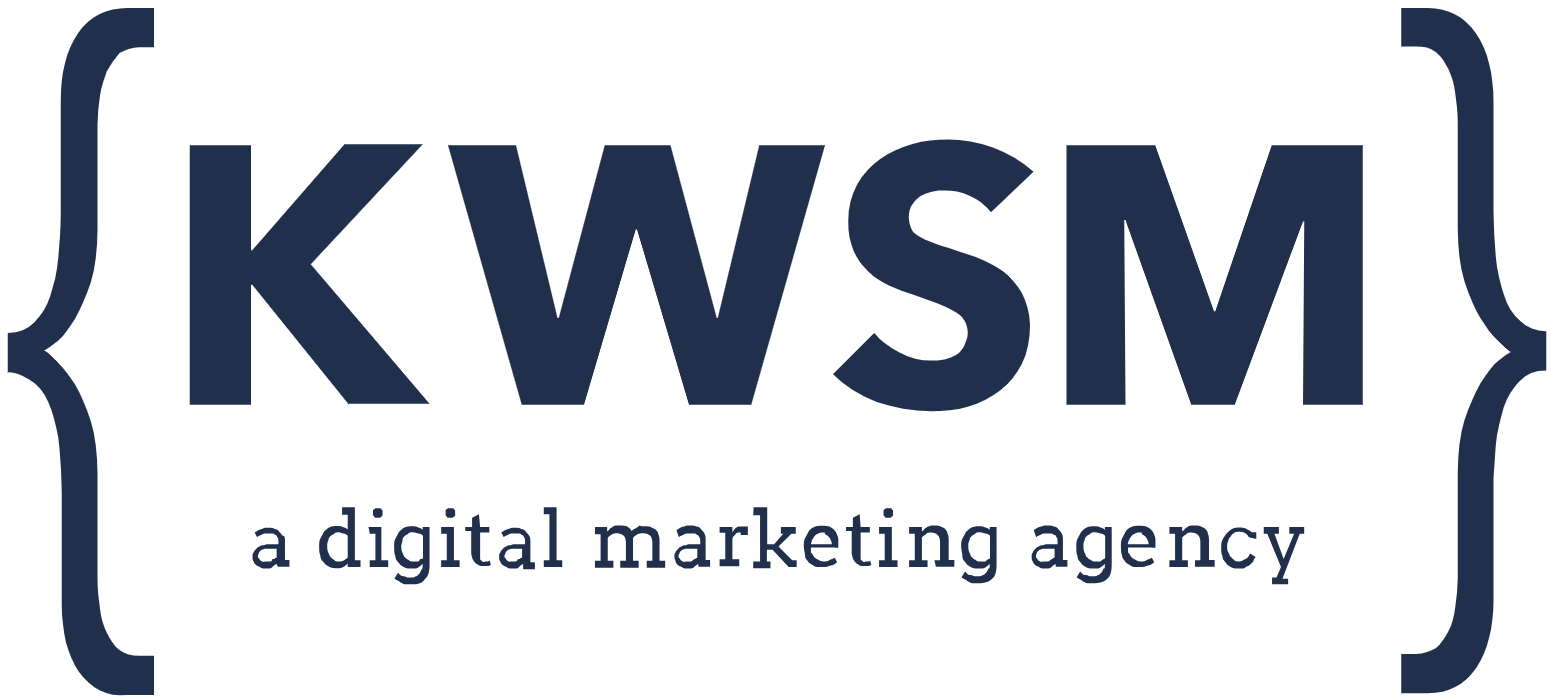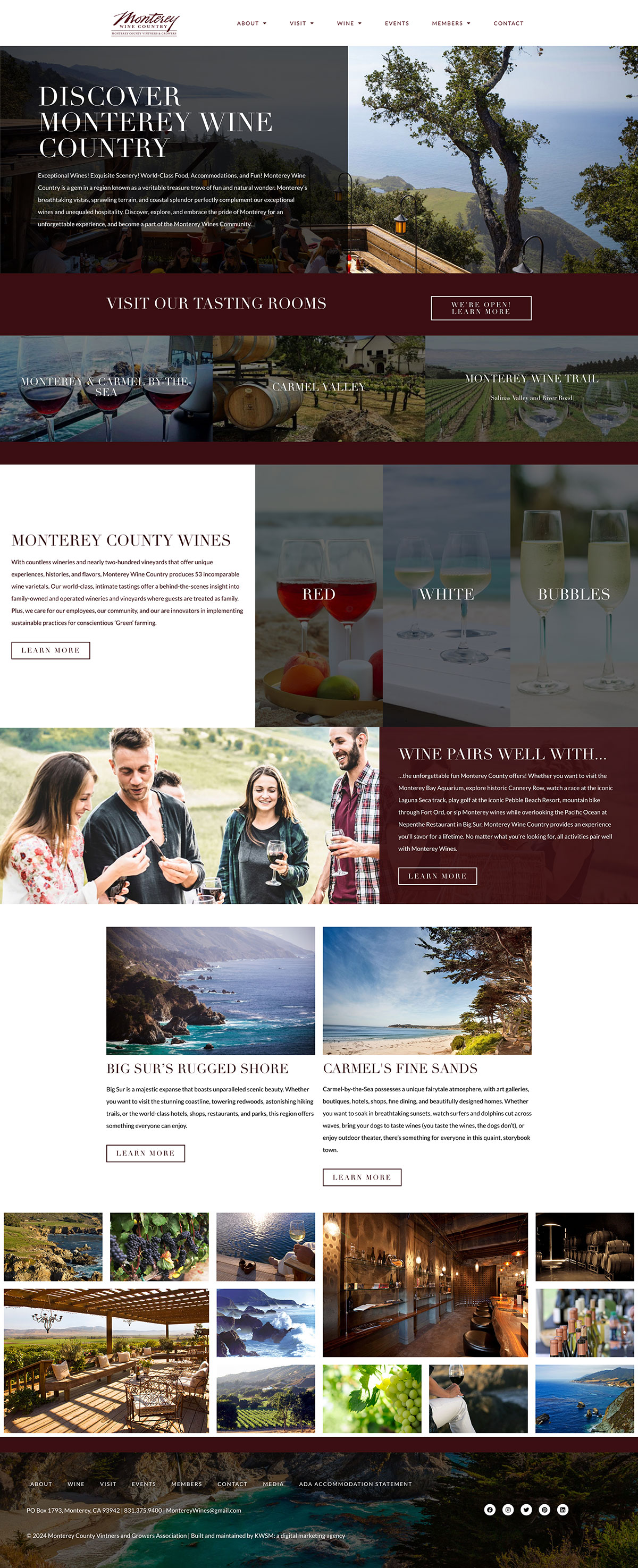
Sales – like just about everything else these days – has gone social. Cold calls and drop-ins are on the way out, and social sales is moving in. (Learn all about Social Sales here.)
So, as salespeople (whether you work for a company, or own one), we need to know how to harness the power of social media for lead generation and conversion.
Here are three social media features that every salesperson needs to master:
The Power of LinkedIn
Your LinkedIn profile is your online resume. When a prospect googles you, it’s probably the first item they will find and use to check you out. So you want it to be well written and completely filled out – it will go a long way to build your credibility.
But, don’t just put up your profile and ignore it. LinkedIn can be used to create and nurture relationships in ways that no sales person should ignore. LinkedIn leverages your relationships.
Need more referrals? Connect with your clients, then look through their connections. Find someone you think you can help, and ask your client to introduce you. There’s a button to do it right on LinkedIn!
Want to find prospects? Use the advanced search tool to look for people who hold certain job titles within a 20-mile radius of your office. Then find someone who knows someone you know. Ask that mutual acquaintance to introduce you.
(Find a step-by-step guide for prospecting on LinkedIn here.)
Looking for an easy way to track leads? Just organize your connections using ‘tags’ on LinkedIn. No one sees these tags but you, so go ahead and mark some connections as ‘prospects.’ Then, make notes on their profiles (the notes section is also private) to indicate where you are in the relationship, and what next steps you should take. Once a week, review all the profiles with a ‘prospects’ tag and follow up.
Twitter’s Advanced Search
Twitter is your listening tool. Twitter users send a billion tweets every 3 days. They conduct 1.6 billion searches every day. There’s a lot of information flowing through this site, and you want to capture it.
The advanced search feature on Twitter will allow you to find tweets based on location or topic – you can even sort by whether the tweets are positive or negative!
Do you sell insurance?
Find people in your area who are venting over Twitter that their insurance plan didn’t provide adequate coverage. Now send a short, helpful (read: Non-Salesy) tweet commiserating that many people are on the wrong plan for their needs. Try to start a conversation. You want to build rapport and trust, then offer to review their policy for them.
You can follow the same formula whether you sell carpet, paninis, houses, or… ?
Just remember that your goal isn’t to sell. It’s to help. It’s to make them feel heard. (Because really, if they didn’t want people to respond, why would they be venting on Twitter?)
Twitter allows you to be a fly on the wall during your prospects conversations. Try searching for the name of your product, service or company. What are people saying? This is valuable market research.
Your Facebook Fan Page
Your company’s Facebook fan page is a huge selling tool for you. This is a place where people ‘opt-in’ to hear from you. When they hit the ‘like’ button on the page, they are allowing your company into their newsfeed – right alongside their friends and family. That’s a pretty sweet place to be if your job is to build an emotional connection with your prospects. (Hint: If you sell something, that IS your job.)
Facebook is a place where you can let your customers see behind the curtain. Let them get to know the real you – not just the glossy face put forth on your website. Be funny. Take them behind-the-scenes. Show personality. The more engaged they are with your content, the more your company stays top-of-mind for them. And that means you are easy to remember when it’s time to refer you or buy from you.
We know that consumers take what they learn about a business on social media seriously. (37% of the evaluations they make about a company stem from conversations on social media.) Facebook is the most popular social media channel. So make sure you are easily found there.
Also, while we don’t believe that fan numbers are everything, a large fan base (if it’s a genuine one – no buying fans!) can be attractive to someone thinking about buying from you. It shows that your business or offering is popular. And human nature says that we like what all our friends like. Even if those ‘friends’ are people on Facebook that we’ve never met.
If that fan base truly cares about your company, they will be easy for you to mobilize. Have a sale going on? Let them know. Running a contest? Ask them to participate and spread the word. The more you have built that emotional connection with them, and developed a real, authentic relationship, the more willing they will be to take action when the time is right.
These days we know that 60% of the research consumers do on a product or service takes place before ever meeting with a sales person. Make sure your social presence is solid so that you are more likely to be taken seriously when prospects find you online.
Want to learn more? Please connect with us on Facebook!











